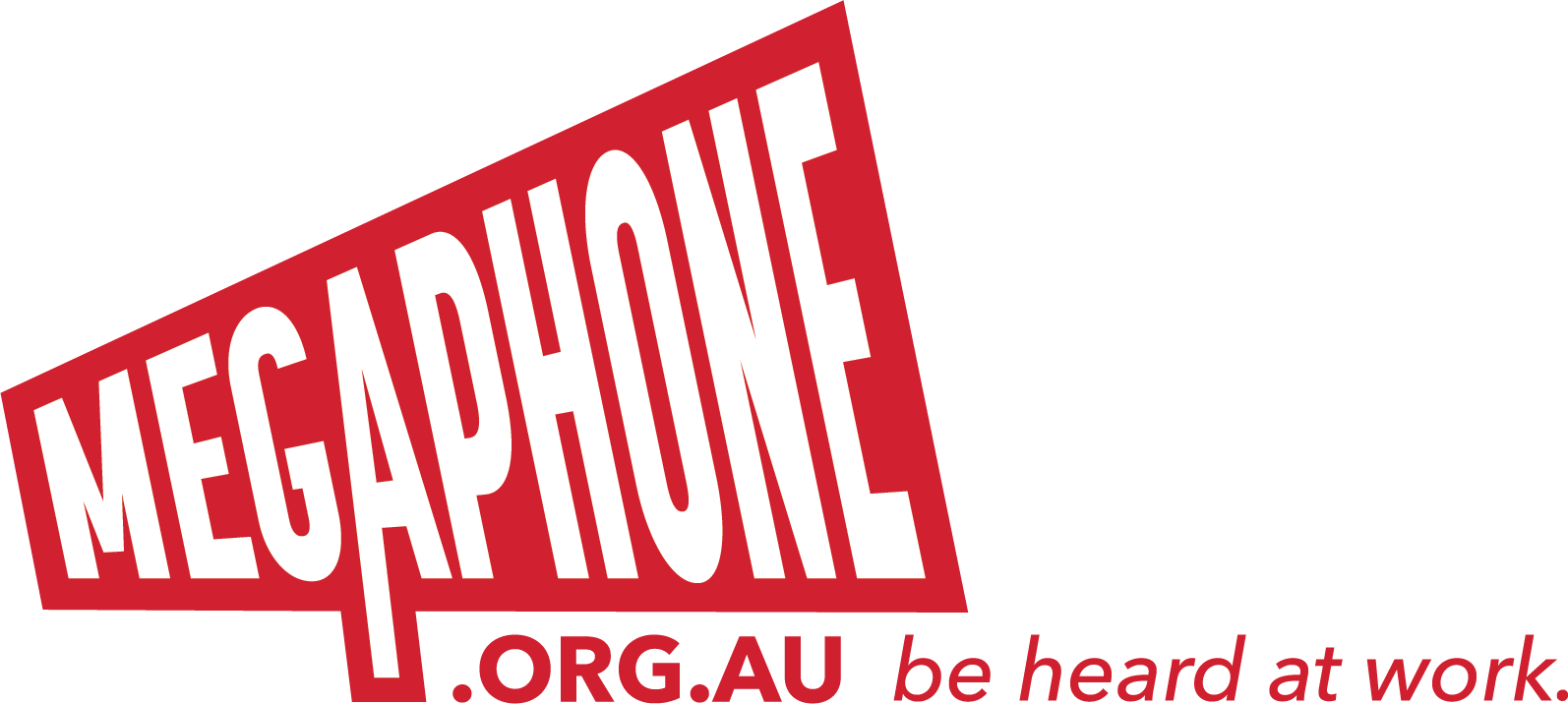This petition calls for a Trauma Informed Australia. The Australian Government must immediately:
•implement all recommendations from the 2021 Human Rights Watch World Report: Australia.
•partner with Blue Knot Foundation National Centre of Excellence for Complex Trauma to:
A) invite a team of Trauma Informed Organisational Consultants to review Parliament House and support organisational design in order to implement trauma informed change that meets current and future needs and benefits all staff, consumers and the organisation itself.
B) develop policy that requires Australian organisations to operate using a Trauma Informed Framework guided by the Blue Knot Foundation’s Trauma Informed Practice Guidelines in order to prevent trauma and suicide.
C) allow a team of Trauma Informed Organisational Consultants to review the Criminal Justice System and support organisational design in order to implement trauma informed change so that individuals who break the law are not trapped in a revolving door of unemployment, homelessness, trauma, addiction, violence and suicide.
D) Mandatory Trauma Informed training with Blue Knot Foundation for all Australian Government employees and front-liners such as teachers, doctors, allied health practitioners, police, corrective services and immigration officers (i.e. Foundations for Building Trauma Awareness, Trauma Awareness in Practice, Trauma Responsive Leadership).
Suicide is the leading cause of death for young Australians. Violence is the leading cause of death and disability for young women. Trauma has many faces such as ill health, mental illness, addiction, abuse, neglect, violence and suicide.
Prevention is better than cure: Just like an Occupational Health and Safety Framework is vital to prevent injury and death, a Trauma Informed Framework is vital to prevent trauma and suicide.
There are five principles to Trauma Informed Care: safety, trustworthiness, choice, collaboration and empowerment. It should be no surprise then that human rights are essential to prevent trauma and suicide. Until these calls are met millions of Australians can’t call Australia home.
Home is a place, or a state, of feeling safe, connected, accepted, and a sense of love and belonging. Trauma is the exact opposite of feeling at home: feeling unsafe, a sense of disconnection, feeling different, unwelcome, unloved or not belonging.
Research demonstrates that trauma endures when we fail to the break cycle: the negative operation of power. The World Health Organisation notes that countries with the best health and wellbeing are that way because of their systems of power.
So what’s Australia’s home like? First Nations are most imprisoned worldwide. Children imprisoned at 10 years of age. Stranded Australians threatened with prison. Asylum seekers in indefinite detention. Tharnicaa and Kopika, merely 4 and 6 years old, detained for over three years. Little Tharnicaa remained in detention most of her life.
All Australians are currently denied some human rights. Welfare below poverty line. Support services decreasing in several areas most needed. Health and child care costs climbed more than a third. Women still left behind. Millions unable to work or cannot find work. Wages stagnant.
Crisis after crisis: housing, aged care, Covid-19, Stranded Australians, climate change. Neglect only increases the risk of the trauma and suicide. How many more will take their lives? Who will be hit the worst?
Identity and privilege still yield power and protection; vulnerability continues to be too often poverty and punishment. Trauma is still largely treated as a criminal issue. Psychopathology experts urge individuals to consider prisons as today’s psychiatric institutions. Prevention, with prison as last resort, is the most sensible, compassionate evidence based approach.
When we already use an Occupational Health and Safety Framework to prevent injury and death, why aren’t we using a Trauma Informed Framework for trauma and suicide? Australia will not adopt this approach until it’s honest about its home. Until then identity and privilege will trump the millions who can’t call Australia home. This is a call for a Trauma Informed Australia.
If we’re really “one and free” it’s time to make Australia a home for all. First Nations Australians. Refugees who fled untold violence. Australians who have been left behind. Those who use their power to empower all. Those abusing their power... Know this: ‘survival of the fittest’ has been debunked. It leaves too many behind. It is time to put your ‘fight mode’ down: We all belong. We have the solutions. All we need is you to surrender and step into this call. We all belong.
Why is this important?
Addiction illustrates this tragically.
According to Dr Gabor Maté, if we wanted to create a system that makes addiction worse – that further disconnects someone – you would design the system we have: silence or judgment, blame, punishment, shame and stigma which results in more isolation and disconnection. Ingredients for trauma. This is Australia’s home.
So what’s the solution?
Five world views explain how addiction is handled. Please consider trauma is like addiction to the extent that we are unable to break the cycle of thoughts, feeling, behaviours that keep us traumatised. This will shed light on our success and failure to handle trauma and addiction in its many forms.
Five World Views:
Freewill
Religion
The Law
Disease Model
Neuroplasticity
Freewill is addiction is 100% a choice. Here, you are ‘weak willed’. So I will judge, shame (i.e. fear of disconnection; being kicked out of the group) and punish you (i.e. addiction is a “choice”. I work hard. You don’t. So I will not share what I have with you).
Religion traditionally is addiction is a sin. Here, you are a ‘sinner’. So I will judge, shame and punish you. Join my group. If not, you will go to hell (of course not every Faith says that; many with a Faith are very compassionate).
The Law is you have committed a crime. Here, you are a ‘criminal’. So I will judge, shame and punish you. For your own good. But after prison your chance to find job is slim. I gave you a criminal record and a large SPER Debt. People are also afraid of you. I taught them that you are dangerous.
The Disease Model is addiction is a disease. Here, you are ‘powerless’ with a disease. So here the only solution is abstinence. This will torture you. I have made a trillion dollar industry to make money off your addiction: alcohol, gambling, pornography, etc. You will have to ignore all this and your friendships too. I will not judge, shame or punish you. No doubt you will judge, shame and punish yourself in a system designed to make you fail.
What a tragedy…
Thankfully, the Western world caught up. Neuroplasticity was born (i.e. we are human beings in becoming). Trauma Informed Care followed (i.e. safety, trustworthiness, choice, collaboration and empowerment) and then the Power Threat Meaning Framework (i.e. while each injustice differs, all stories share the same trauma: the negative operation of power; a call for social and political change). These modern frameworks see addiction is a learnt behaviour that you found along the way and now your primary coping strategy for survival.
Addiction is your “best skill” until you learn a better skill. So here addiction is adaptive (i.e. a strength): The packet of cigarettes stopped your suicide. Drinks helped you talk when you were shy. Cannabis helped you sleep at night. Ecstasy was the only time you felt alive. Playing pokies stopped you from bashing your wife. The substance or object helped you in some way to survive.
However, addiction has a rebound effect: desirable effects decrease and undesirable effects increase over time. This is such a gradual process so you hardly would have noticed it arise. I will not judge you. Shame you. Punish you. I congratulate you for staying alive.
If addiction is your best skill until you learn a better one how about we find you some more helpful skills? They are much less harmful to you and those around you. I will use my education and power to help empower you. Then soon we can both thrive.
Neuroplasticity shows our brains constantly change. We can actively participate too: learn and unlearn addiction. Learn or relearn skills that protect life: body, mind, social connection, culture, country and spirituality. However, this approach fundamentally depends on human rights.
This approach includes the principles of Trauma Informed Care: safety, trustworthiness, choice, collaboration and empowerment. It is nonjudgmental. It is not punitive. There is no shame. It does not stigmatise. Five Pillars of recovery include connection, hope, identity, meaning and empowerment.
See how ‘weak willed’, ‘sinner’, ‘criminal’, and ‘powerless’ with a disease instantly crush Five Pillars of Recovery: connection, hope, identity, meaning and empowerment. This is the very real danger of judgment, blame, punishment, shame and stigma: more isolation, disconnection, disempowerment, trauma and risk of suicide.
Research has demonstrated that the war on drugs caused more harm than addiction itself. Lives are lost, families are torn apart, children and adults are denied a future because they learnt addiction to survive; to take away the pain inside.
Alternatively, we could choose to see them just the way they are: A human being. No one puts their hand up as a young child and says: “When I grow up I want to become a drug addict!” At the heart of every person with an addiction is a delicate flower simply trying to survive.
So what world view do you have? Freewill? Religion? The Law? The Disease Model? Neuroplasticity? Whatever it is know this: people with an addiction are very smart. They know and feel where you stand. I would argue that the same applies with trauma: they are very close friends.
For any excuses out there: Australia is a wealthy enough country and can easily afford to address this crisis. Importantly, the benefits for all of us overwhelmingly out way the cost.
As someone privileged with an education that demonstrates recovery from trauma and addiction is absolutely a possibility, failing to prevent further trauma, addiction and suicide is the greatest tragedy. As someone with lived experience – who knows intimately what it is like – I will fight until this is realised.
It is time for a trauma informed Australia. We do not need to wait for leaders to become trauma informed. It requires basic knowledge only. Enough trauma informed mindsets will naturally lead to trauma informed change.
#YouBelong

